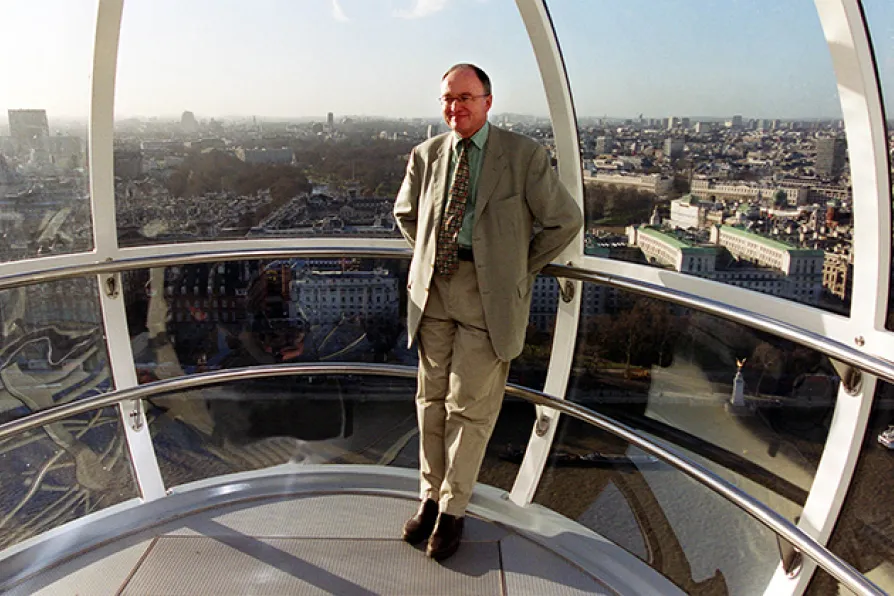The US-Israeli strikes against Iran are part of a decades-long war against the Islamic Republic which has refused to bow to US demands that it surrender its sovereignty, argues VIJAY PRASHAD


AS a kid, the first I came across Ken Livingstone was on television in my living room in Portsmouth.
My dad said something like “good old Red Ken, he can really stick it to the Tories.” The second time, I was rooting through old Hansard speeches in the university library for an essay I was writing on Section 28.
His speech was courageous. At a time when the majority of people thought there was something morally outrageous about gay people — when Neil Kinnock was calling Peter Tatchell a “fairy” and Patricia Hewitt was writing memos bemoaning that “the gay and lesbian issue is costing us dear amongst the pensioners” — Livingstone was raining down oratorical fury on state-sanctioned homophobia.

After Zohran Mamdani’s electoral win, BHABANI SHANKAR NAYAK points to the forgotten role of US communists in New York’s radical politics

LYNNE WALSH tells the story of the extraordinary race against time to ensure London’s memorial to the International Brigades got built – as activists gather next week to celebrate the monument’s 40th anniversary












